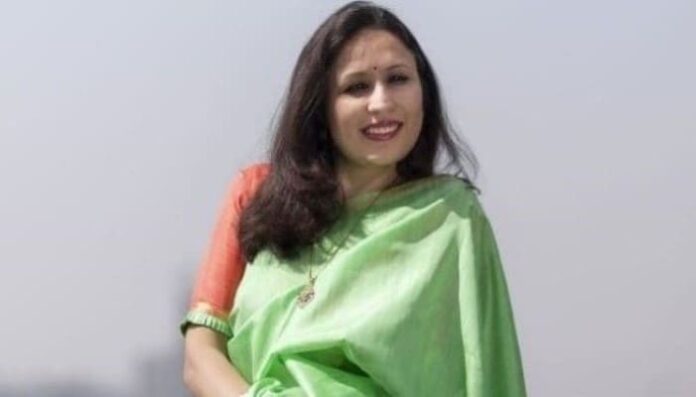
Radhika Gupta, CEO of Edelweiss Mutual Fund, has highlighted a significant reason for this mental health crisis, particularly among young people: the impact of social media platforms like Instagram.
Radhika shared a post on social media platform X, saying, “The pressure of being someone because their life looks cool on Instagram, rather than being your unique self.”
The pressure of being someone because their life looks cool on Instagram, rather than being your unique self. https://t.co/HMn7xRCekG
— Radhika Gupta (@iRadhikaGupta) May 26, 2024
Many young individuals are experiencing heightened levels of depression because they are overly focused on portraying an idealized version of themselves online.
Instagram, with its emphasis on curated and often unrealistic images of success and happiness, creates a pressure to conform to these idealized standards. This relentless comparison can lead to feelings of inadequacy and a disconnection from one’s authentic self.
Young people, in particular, may struggle to establish their identities in an environment where external validation is prioritized over inner contentment. This focus on external appearances can detract from personal well-being and contribute to mental health issues.
Addressing this issue requires a more mindful approach to social media use and a greater emphasis on fostering environments that support mental health.
Encouraging individuals to embrace their true selves and promoting awareness of the potential negative impacts of social media are crucial steps in mitigating the mental health crisis.
As society continues to confront the challenges posed by mental health issues, understanding the multifaceted influences, including the role of social media, is essential in developing effective solutions to support mental and emotional well-being.
Also Watch: How to Create a Positive Workplace Culture with PQ in Hiring, Click Here
In March, United We Care conducted an extensive survey shedding light on the state of mental health among young women in India. Some key findings from the survey unveil compelling insights-
- 55% of women engaging with mental wellness content on the platform were within the 18-34 age group.
- The findings indicated that 62.5% women demonstrated higher levels of engagement with mental wellness content compared to 37.5% men
- Cities such as Mumbai, Bengaluru, and Delhi accounted for 18.75% off the total engagement from women, suggesting a heightened demand for mental health resources in urban areas
- Women’s burnout rates differed across sectors: BFSI reported 19%, while IT/ITeS/SaaS/Hi-Tech saw 49%; FMCG + Manufacturing at 10%, and Services + Retail at 22%
- Notably, women’s interest in topics such as emetophobia (fear of vomiting) and techniques for managing obsessive thoughts have witnessed maximum engagement on the platform. The background interests of these women on the platform range from news and politics, entertainment, technology, to lifestyle.
Note: We are also on WhatsApp, LinkedIn, Google News, and YouTube, to get the latest news updates, Subscribe to our Channels. WhatsApp– Click Here, Google News– Click Here, YouTube – Click Here, and LinkedIn– Click Here.








